-
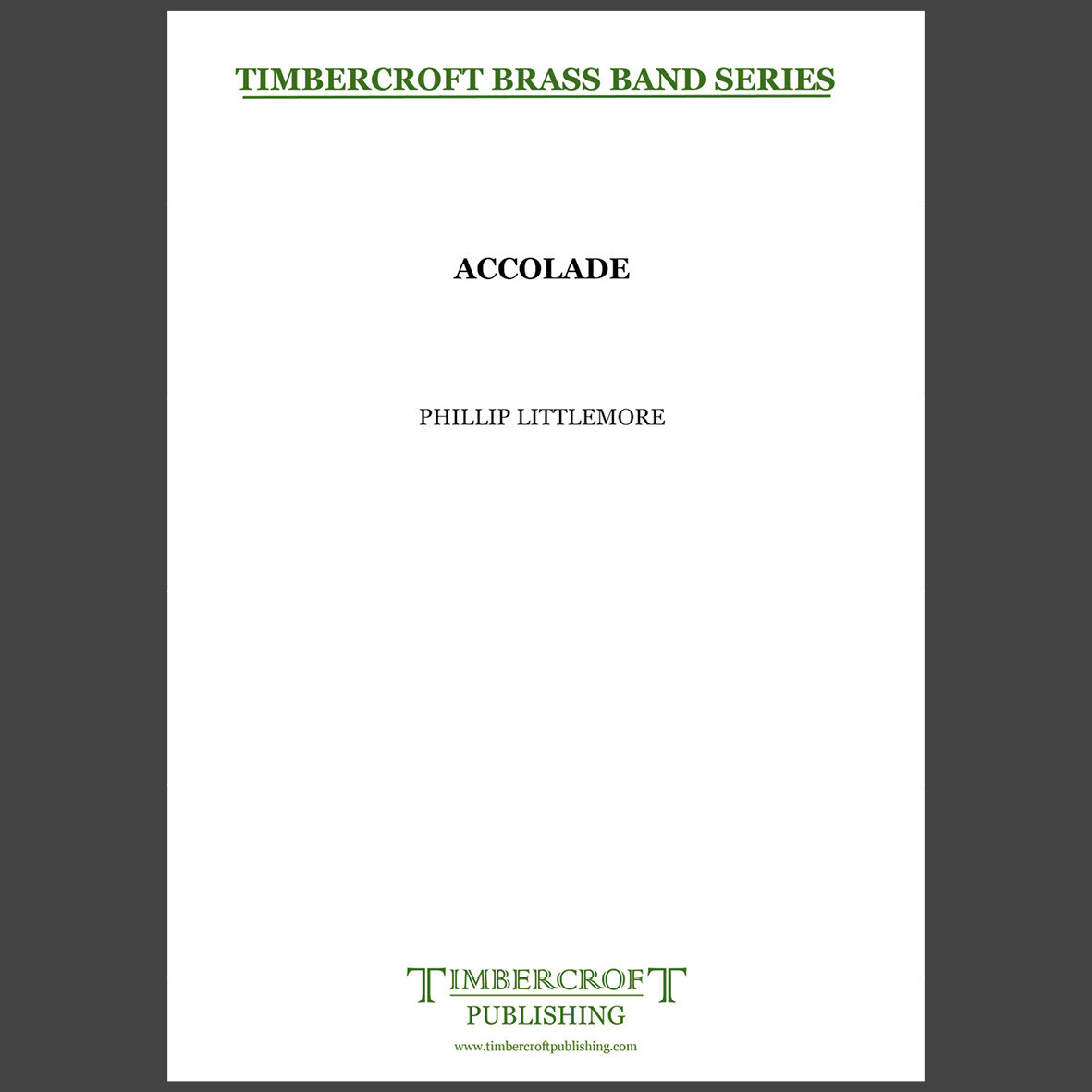 £25.00
£25.00Accolade - Phillip Littlemore
Estimated dispatch 5-7 working days
-
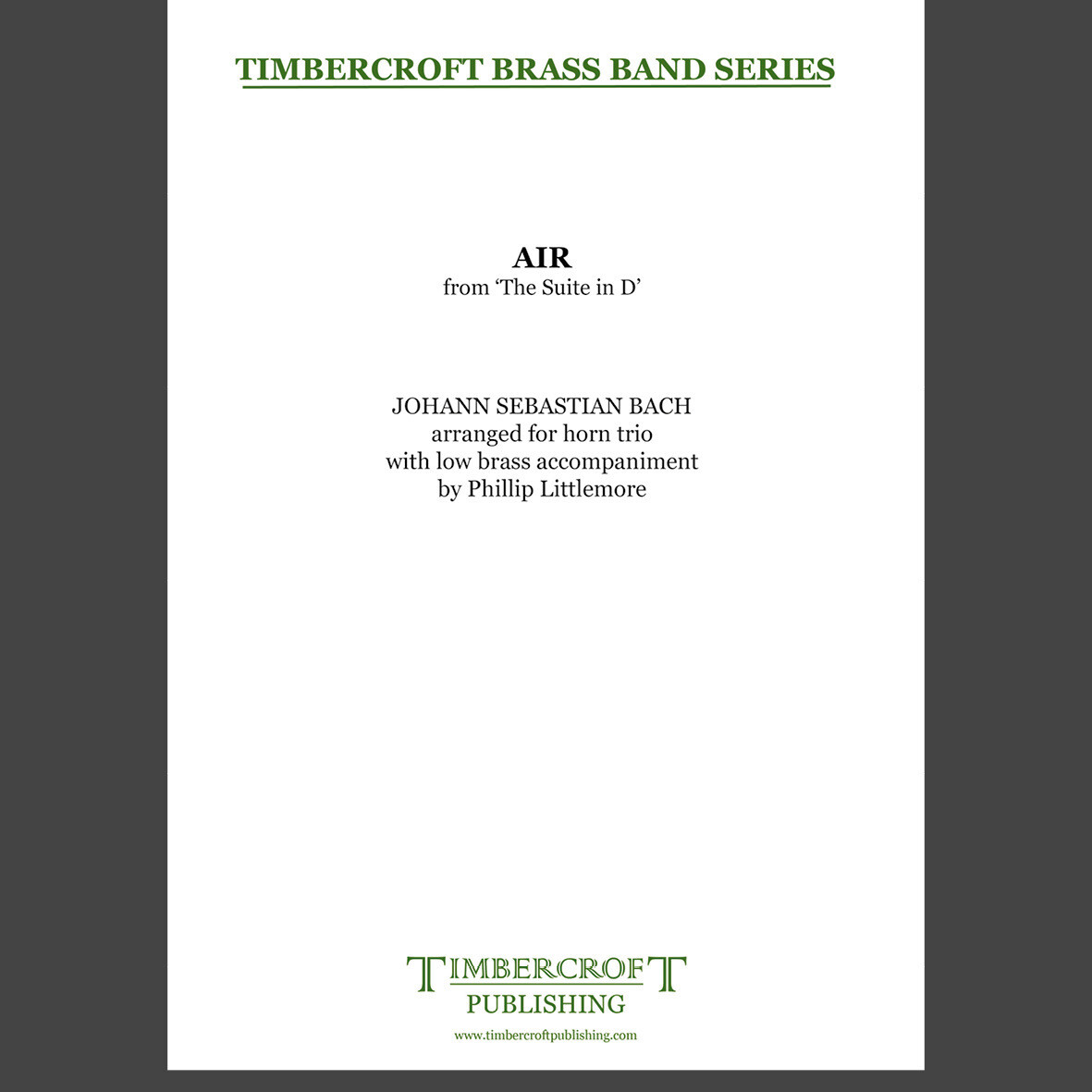 £25.00
£25.00Air from the Suite in D - J. S. Bach arr. Phillip Littlemore
Estimated dispatch 5-7 working days
-
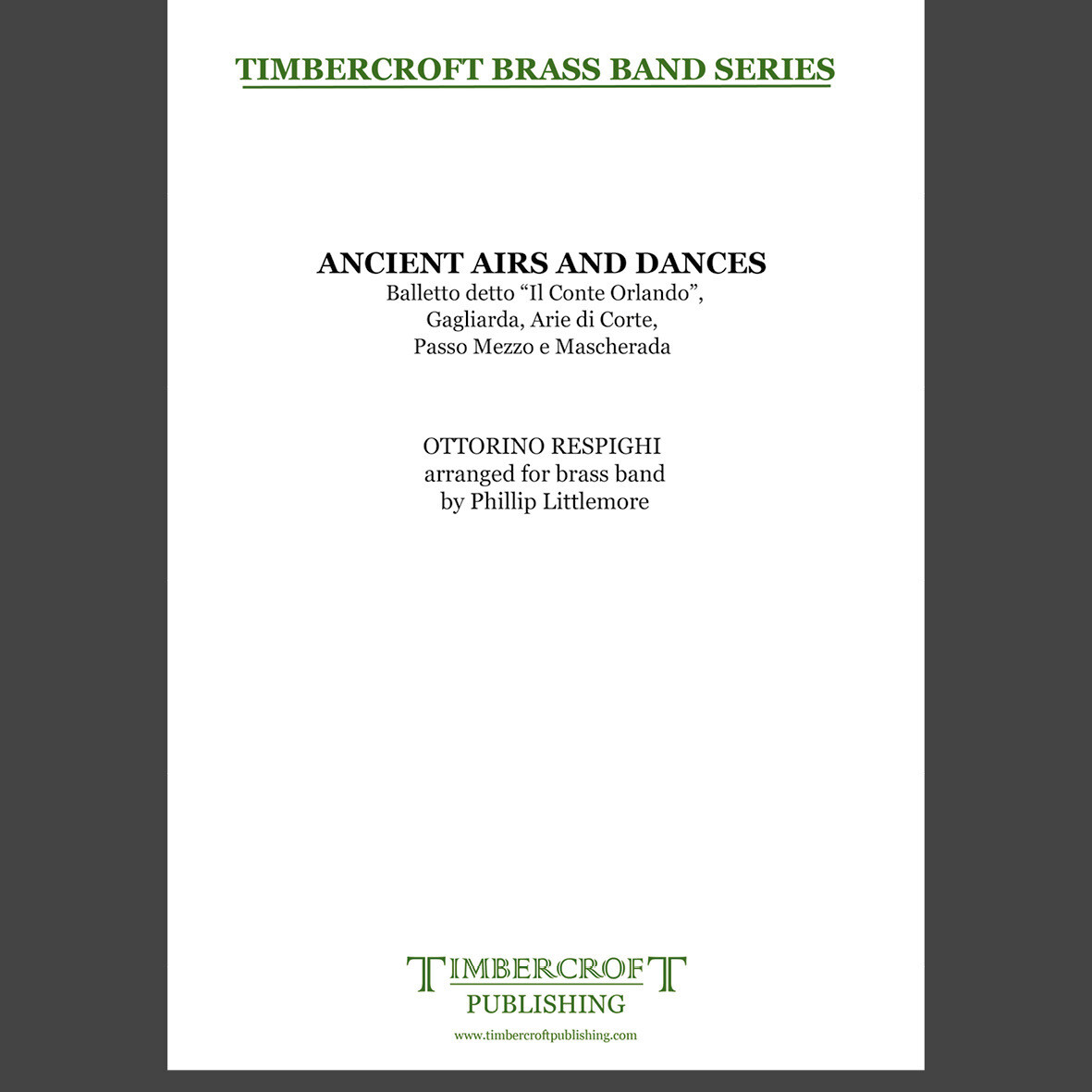 £65.00
£65.00Ancient Airs and Dances - Ottorino Respighi arr. Phillip Littlemore
Estimated dispatch 5-7 working days
-
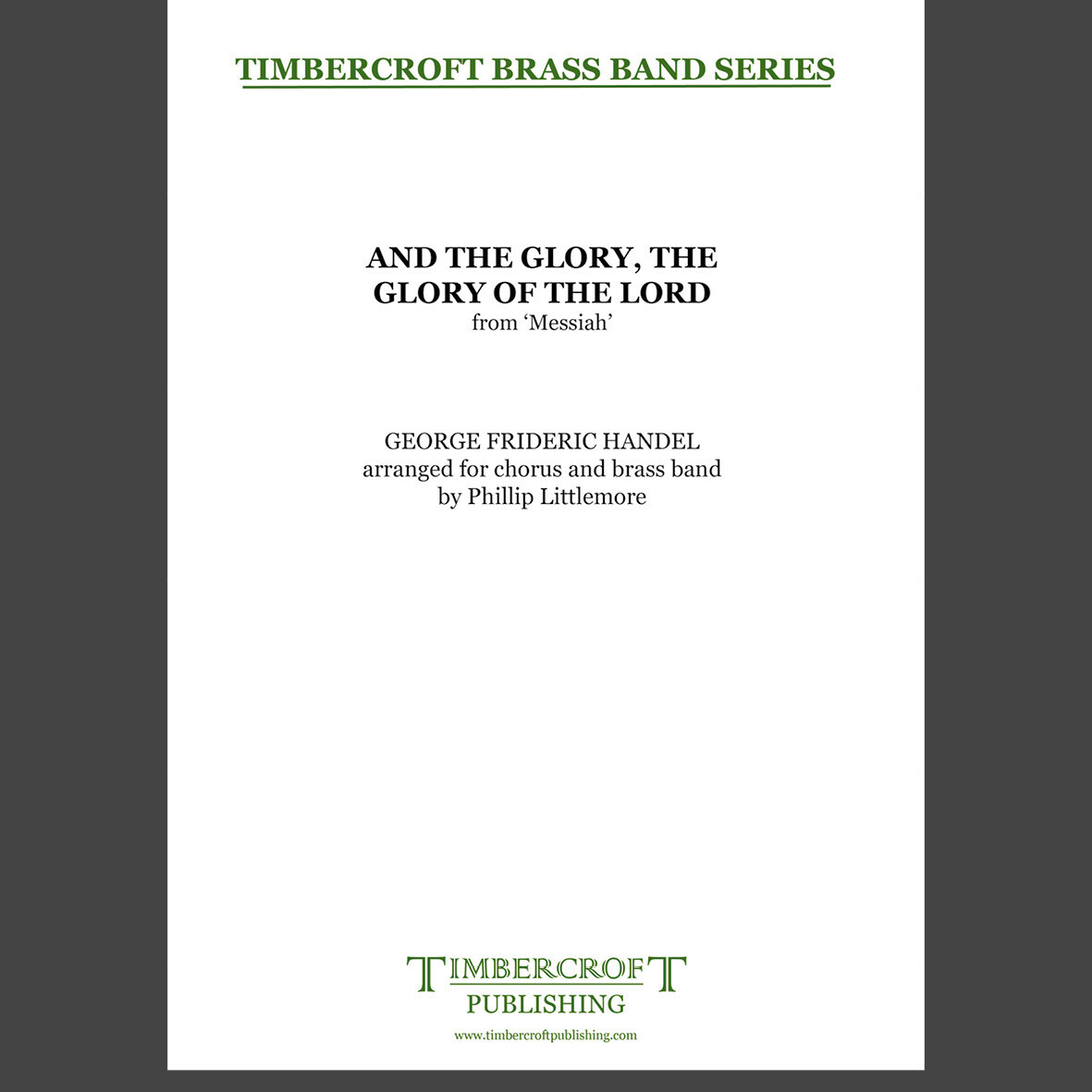 £35.00
£35.00And The Glory Of The Lord - Messiah
Estimated dispatch 5-7 working days
-
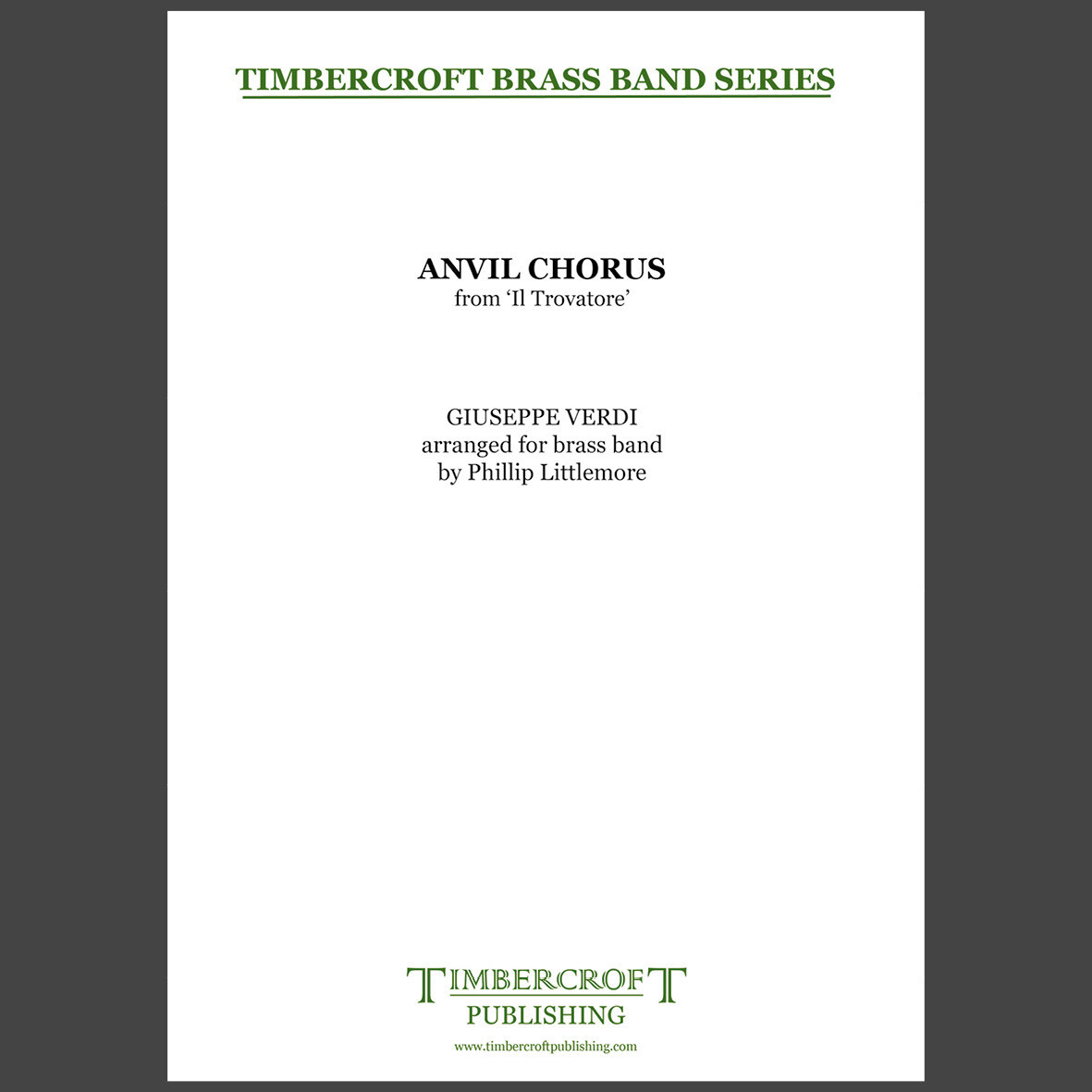 £30.00
£30.00Anvil Chorus from Il Trovatore - Giuseppe Verdi arr. Phillip Littlemore
Estimated dispatch 5-7 working days
-
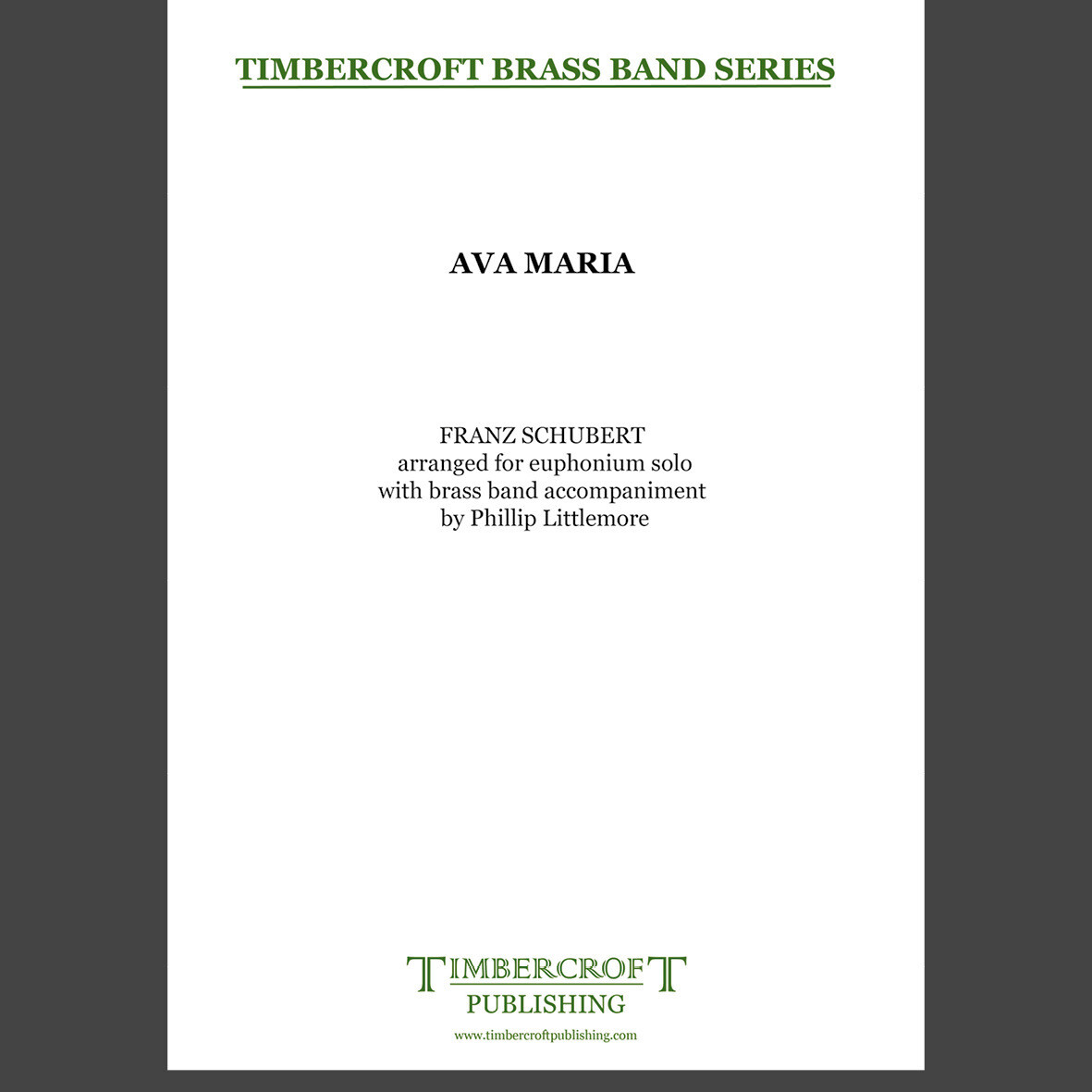 £30.00
£30.00Ave Maria - Franz Schubert arr. Phillip Littlemore
Estimated dispatch 5-7 working days
-
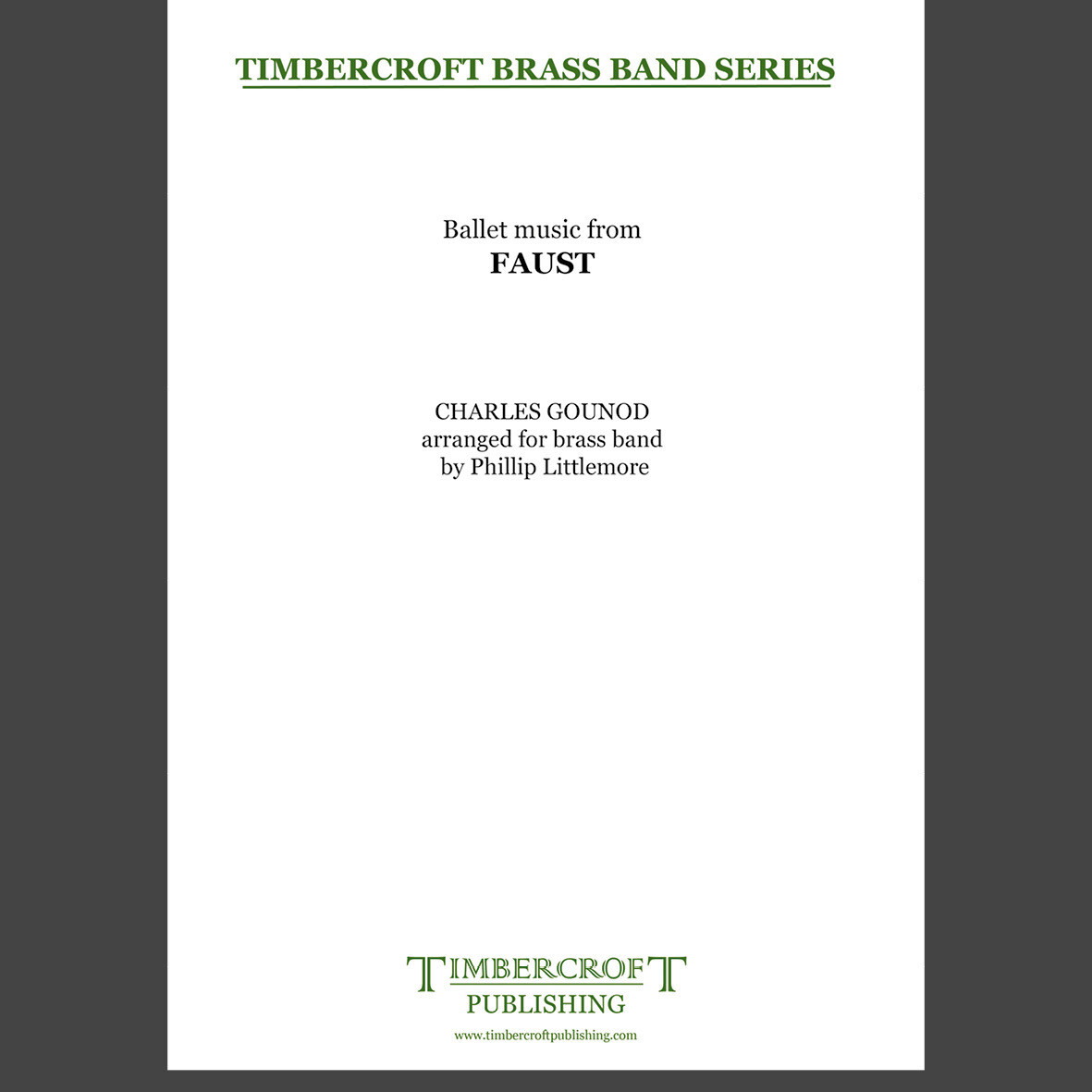 £30.00
£30.00Ballet Music from Faust - Charles Gounod arr. Phillip Littlemore
Estimated dispatch 5-7 working days
-
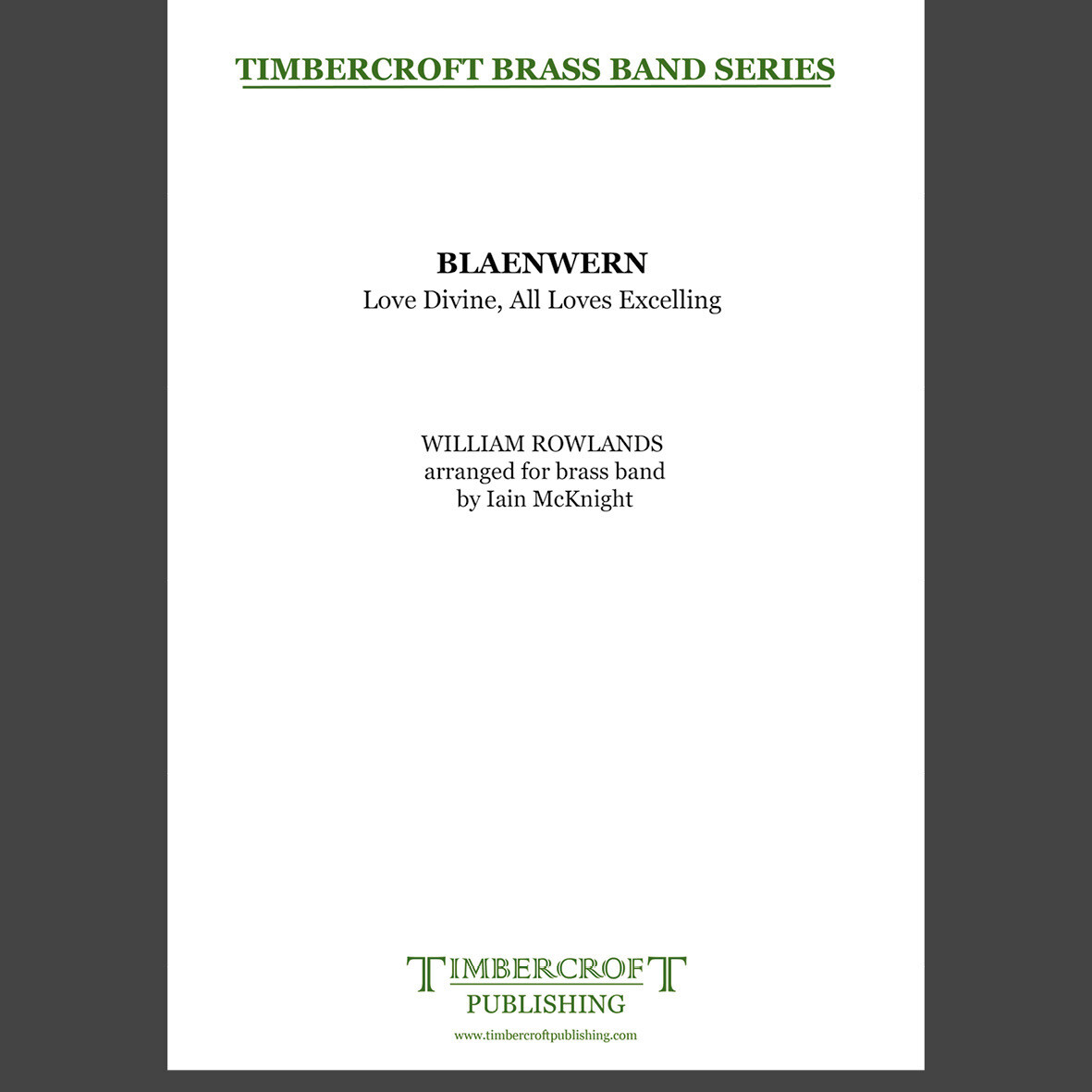 £30.00
£30.00Blaenwern - William Rowlands arr. Iain McKnight
Estimated dispatch 5-7 working days
-
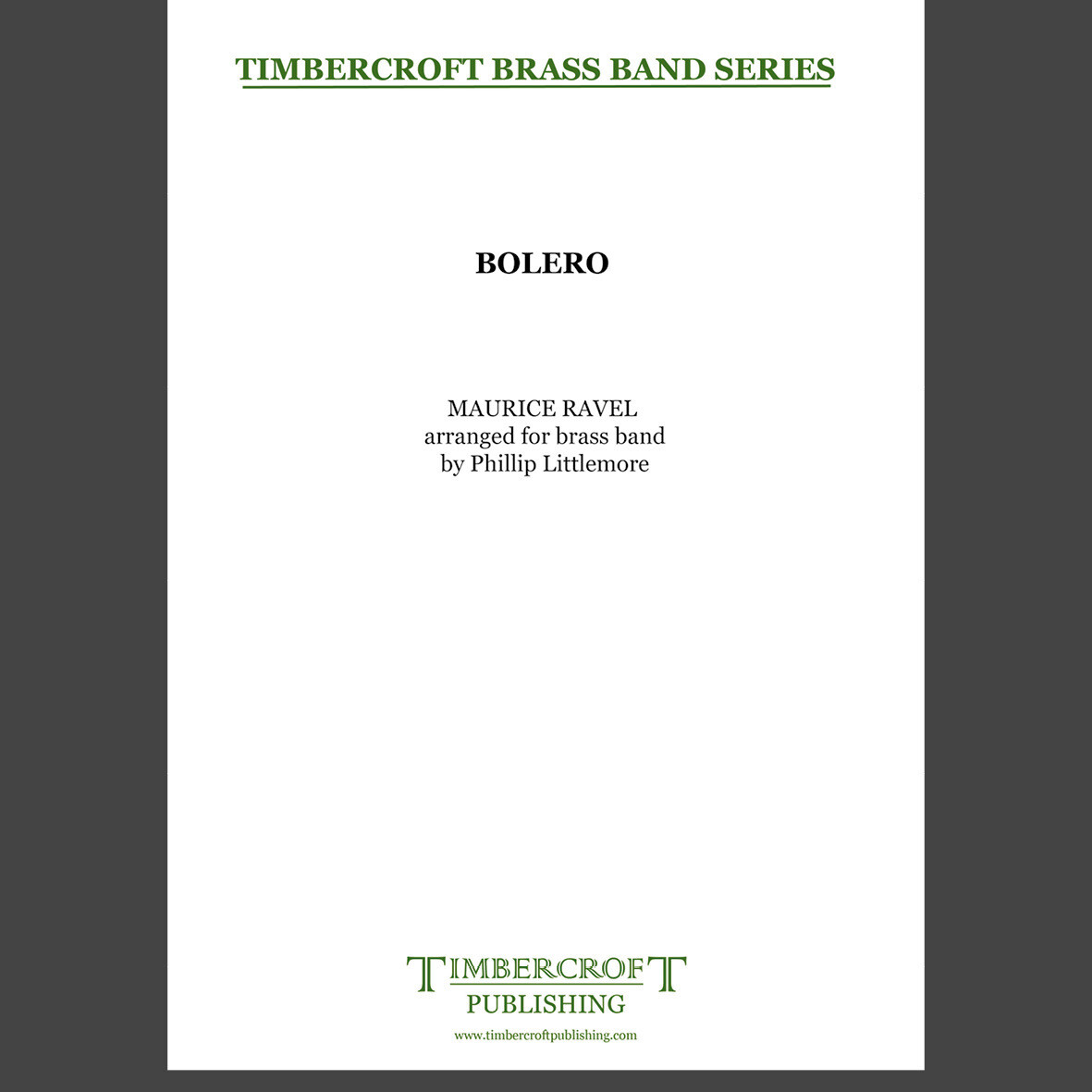 £35.00
£35.00Bolero - Maurice Ravel arr. Phillip Littlemore
Estimated dispatch 5-7 working days
-
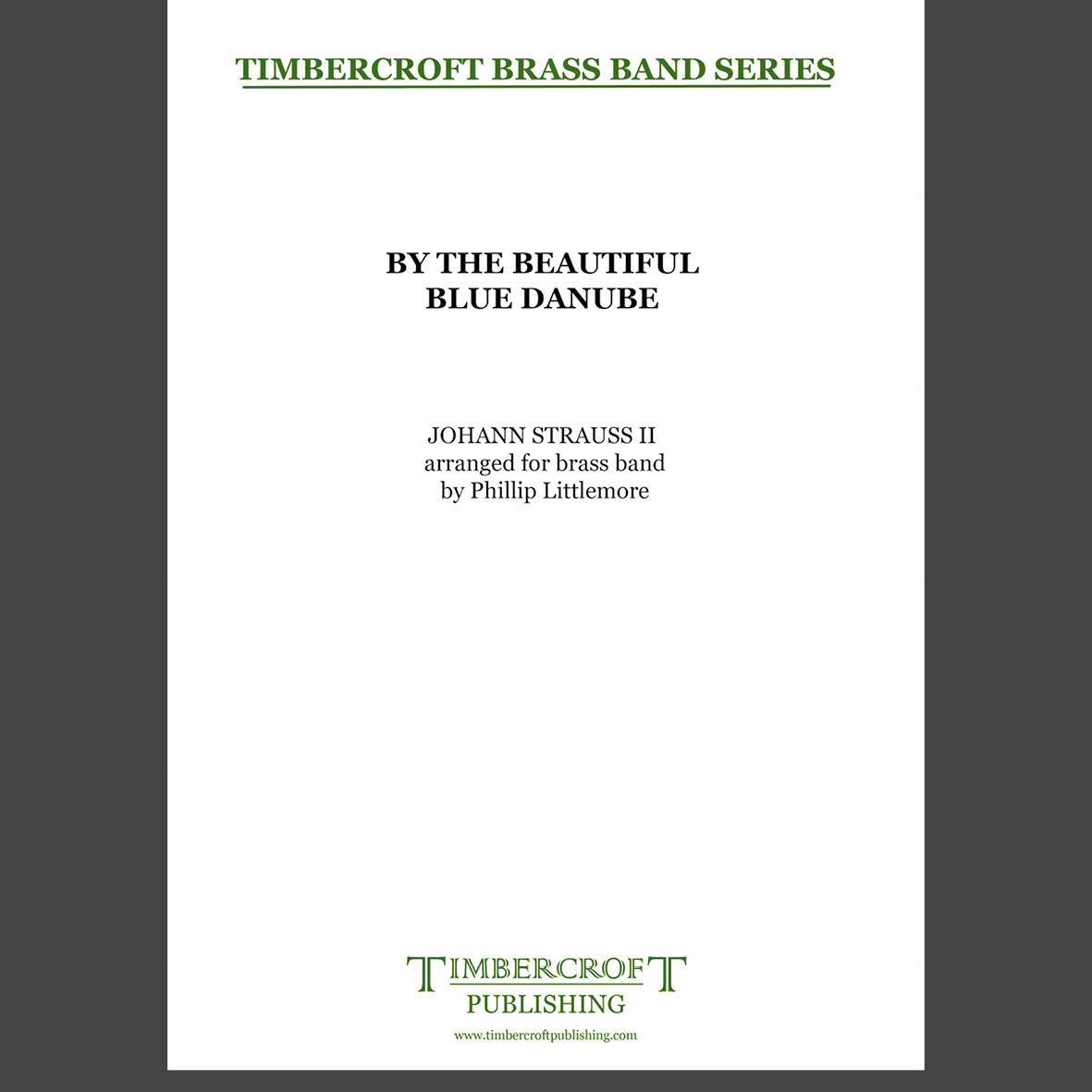 £35.00
£35.00By The Beautiful Blue Danube - Johann Strauss II arr. Phillip Littlemore
Estimated dispatch 5-7 working days
Searching for Wind Band Music? Visit the Wind Band Music Shop

Sign-up to our mailing list for the latest Brass Band music releases & special offers.
Tel: (07852) 519 763 | International: +44 785 251 9763 | Email: [email protected]
PLEASE NOTE: We shall be closed for annual holiday from Wednesday 9th April & re-open again on Monday 14th April. This will delay our usual dispatch time by 2-3 days. Thank you for your understanding.
Use the search box below to search for music for
Brass Band | Brass Ensemble | Junior Band | Flexi Band | Solos with Piano | Practice & Solo Books
Brass Band | Brass Ensemble | Junior Band | Flexi Band | Solos with Piano | Practice & Solo Books